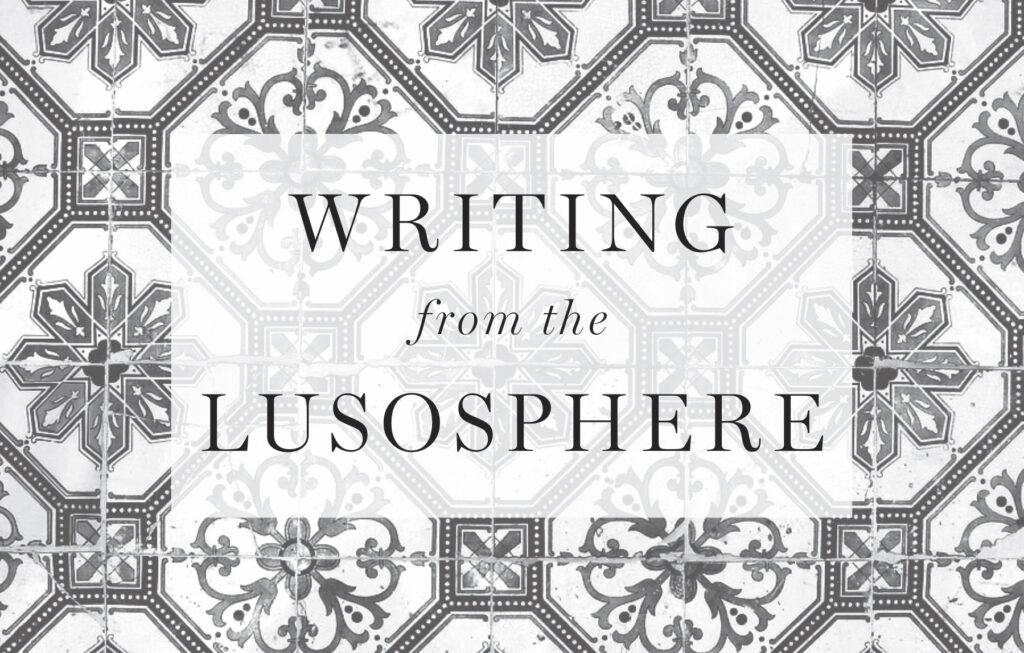Poem by SYLVIE DURBEC, translated from the French by DENIS HIRSON
Sylvie Durbec was born in Marseille and lives in Provence, near Avignon. She writes texts in both prose and poetry, as well as painting and making collages. The many books she has published over the past twenty years include the prose-poetry memoire Marseille : éclats et quartiers (Marseille, fragments and quarters) which won the prestigious Jean Follain prize; Prendre place (Taking place) concerning the internment camp at Douadic in France and Soutine, a prose-poem about the painter, published in The Common. This year she has published 50 carrés du jour (50 squares of the day) and Ça qui me poursuit (That which pursues me).
Denis Hirson grew up in South Africa and has lived in France since 1975. He has published nine books, several concerning the memory of South Africa under apartheid. The latest, both published in 2017, are Footnotes for the Panther, ten conversations with William Kentridge, and Ma langue au chat, in French, concerning the torture and delight of speaking and writing in that language.
Table of Contents
The Ignorance of Beasts
I still don’t know how to type a tilde on a computer keyboard
when writing the name of a Spanish or Portuguese writer I love.
Nor do I know what poetry is.











